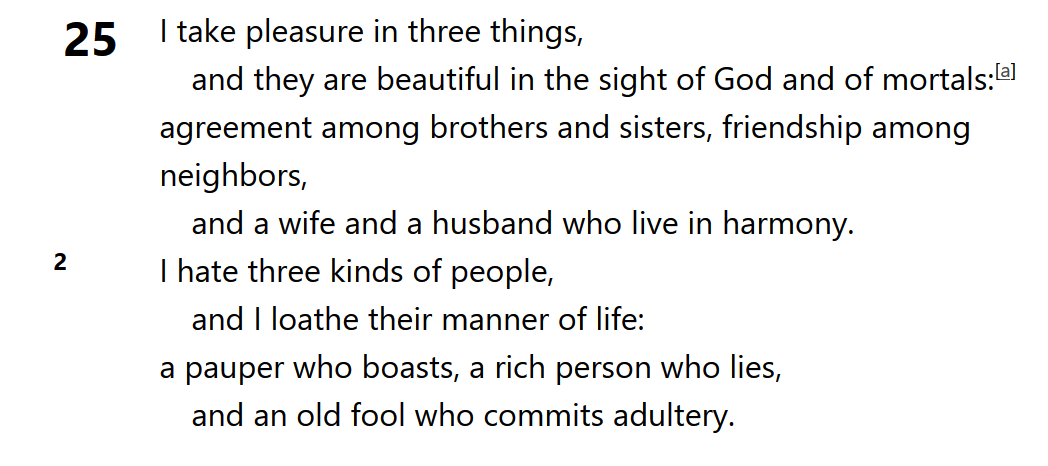
A common Arabic word for a tall tale is خرافة|khurāfah. But according to a popular etymology, the word khurāfah derives from a man’s name, Khurāfah al-ʿUdhrī famous relating an uncanny and incredulous tale. Ḥadīth Khurāfah thereafter came to refer to an unbelievable tale ...
The earliest versions of the Tale of Khurāfah often appear in the form of ḥadīth from the Prophet Muḥammad. Here I translate a version found in al-Fākhir fī l-amthāl of al-Mufaḍḍal ibn Salamah (d. ca. 291/903) ...
but shorter versions may be found the like of Musnad of Aḥmad ibn Ḥanbal (see below) and the Shamāʾil of al-Tirmidhī. The ḥadīth from Mufaḍḍal's Fākhir reads as follows:
ʿĀʾishah said to the Prophet, “Prophet of God, tell me the story of Khurāfah!”
...
ʿĀʾishah said to the Prophet, “Prophet of God, tell me the story of Khurāfah!”
...

The Prophet, God bless and keep him, said, “May God show mercy to Khurāfah, for he was a righteous man! He informed me that one night he set out to attend to one of his needs, and while he was walking along, lo, a gang of three Jinn happened upon him and took him as their captive 

‘We should let him go!’ the first one said. ‘We should kill him!’ said the other one. ‘We should make a slave!’ said another.
While they tried to decide amongst themselves about what to do with him, lo, a man arrived before them. ‘Peace be upon you!’ he said.
While they tried to decide amongst themselves about what to do with him, lo, a man arrived before them. ‘Peace be upon you!’ he said.
‘And peace be upon you,’ they replied. ‘What are you?’ he asked.
‘We’re a band of Jinn,’ they said, ‘and we’ve taken this one here captive, so we’re trying to decide what to do with him.’
The man said, ‘If I were to tell you a wonderful tale, would you allow me to join you?’
‘We’re a band of Jinn,’ they said, ‘and we’ve taken this one here captive, so we’re trying to decide what to do with him.’
The man said, ‘If I were to tell you a wonderful tale, would you allow me to join you?’
‘Yes’, they replied.
He continued, “I was once a man whom God blessed and granted a life of ease, but that ended, and a debt got the better of me, so I set out and fled away. As I was traveling, severe thirst overtook me, so I went to a well. I approached to take a drink, but
He continued, “I was once a man whom God blessed and granted a life of ease, but that ended, and a debt got the better of me, so I set out and fled away. As I was traveling, severe thirst overtook me, so I went to a well. I approached to take a drink, but
a voice cried out to me from the well, “Stop!” I left without taking a drink, but the thirst overcame me, and I went back. “Stop!” it cried. I left without taking a drink, but then I returned a third time and drank and paid no mind to the voice.
Then there cried out a voice from the well, “Lord, if he be a man, then transform him into a woman! And if she be a woman, transform her into a man!” A behold – I had become a woman. I went to a city called such-and-such, and a man married me, and I bore him two children. 

Later my heart yearned to return to my home and my country, so I passed by the well from which I had taken a drink and approached to drink again. The voice cried out to me as it had once done before, but I paid no mind to the voice and drank. It said, “Lord, if he be a man,
then transform him into a woman! And if she be a woman, transform her into a man!” Thus I became a man as I had been. I went to the city where I was from, and I married a woman who bore me two children. I have two children born of my loins and two born of my womb.”
‘Glory be to God!’ said the Jinn, ‘this is truly wondrous! You can join us in deciding his fate.’
While they tried to decide what to do with him, lo, a bull came rushing upon them, and when it had passed by them, behold, a man carry a wooden stick followed in its path.
While they tried to decide what to do with him, lo, a bull came rushing upon them, and when it had passed by them, behold, a man carry a wooden stick followed in its path.

famous *for
found *in the likes* of *the* Musnad
• • •
Missing some Tweet in this thread? You can try to
force a refresh













